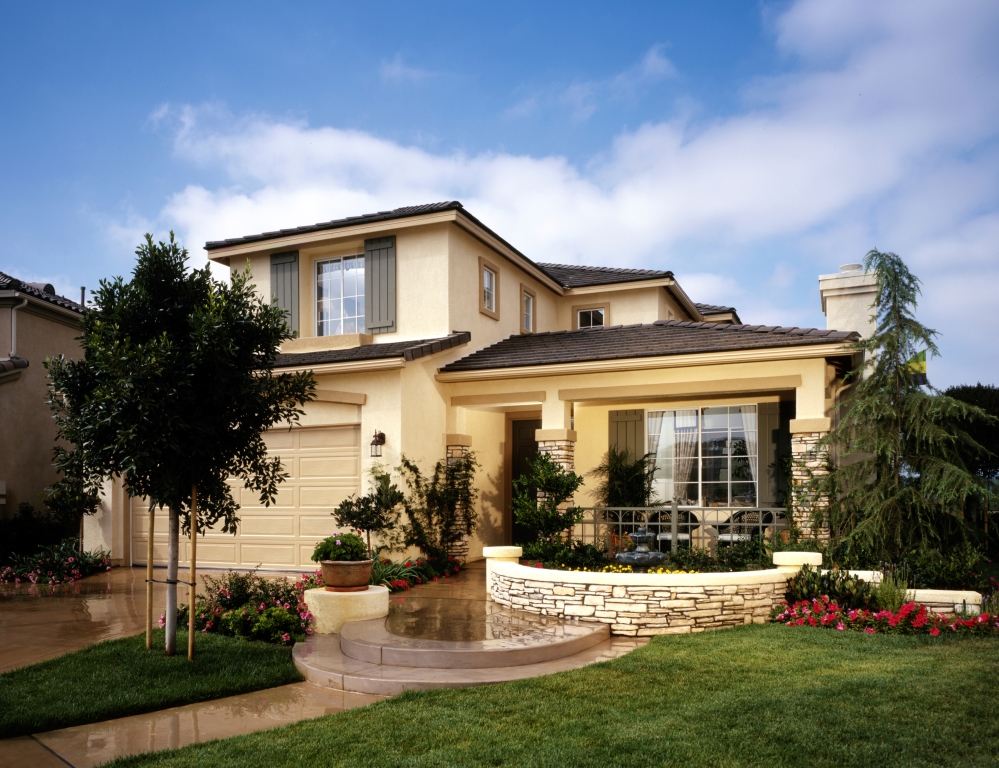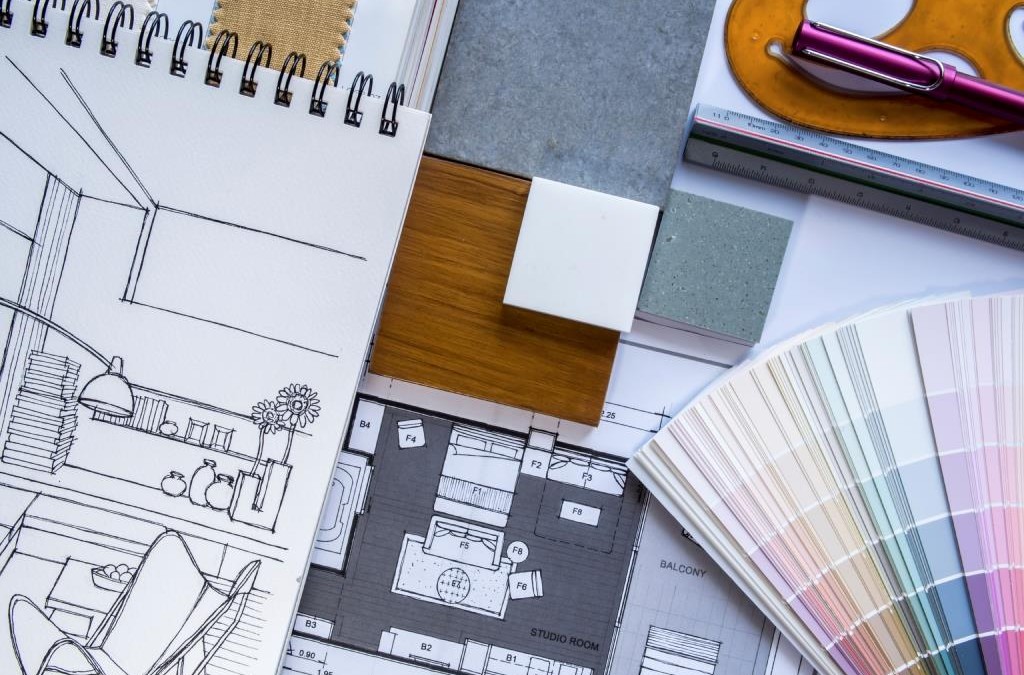925-855-3250
Question about what mortgage lenders can approve? Contact our loan agent in San Ramon.

What is a construction or new build mortgage loan? How do they work?
If you are thinking about buying a home in the near future but don’t see much on the market that meets the needs and wants of your family, you might be interested in building your own home in order to ensure that you end up in a home that has everything you’re looking for. With the economy rebounding and getting stronger each month, construction loans and new build mortgages are a popular option for many families. There are a lot of misconceptions surrounding construction and new build mortgage loans though, so we’ve pulled together some facts about new build and construction loans so you can move forward with confidence if building your dream home in an option you and your family are interested in.
There are several options when it comes to buying a new build home or engaging a builder in the construction of your new home. Construction mortgage loans may either be obtained by the homeowner (you) or by the builder. Since construction homes lack collateral, they can sometimes be more difficult to obtain compared to a conventional mortgage on an existing home. Your lender will often also require to be shown the construction timeline, detailed home plans and your budget. The lender will use that construction timeline to draw up a timeline for payments to the builder (called a payment schedule), rather than lending you or the builder one large lump sum of money to finance your build. The lender may also send one of its representatives to physically check-on progress of the build.
Upon completion of the build of your new home you will be issued a certificate of occupancy, and your loan liability (your liability on the construction loan) will roll over into a conventional mortgage. Some lenders offer what is called “construction to permanent” loans, so that you only have one mortgage loan closing, versus having to pay closing costs on the original construction loan mortgage and then again on the roll-over home mortgage.
Buying and building have many differences, and that extends to the mortgage process as well. Building a home typically takes many months and perhaps even more than a year from foundation to finalization. While conventional mortgage loans lock in rates for a period of a month or two, which is all the time it generally takes to close on your new mortgage loan, what happens with a construction loan? If you are looking at obtaining a construction or new build mortgage, you’ll want to talk to your prospective lenders about programs they may offer which will lock in your mortgage rates for as long as 24 months so that you can complete your build without having to worry about what your mortgage rate will be at the end of the process.
Additionally, many lenders will require a greater down payment for a construction or new build loan since again, there is no physically collateral yet to secure the loan with. If you own the land upon which your home will be built, they may act as additional equity for you.
Contact our home loan agents in San Ramon for home mortgage loan and mortgage refinancing.


